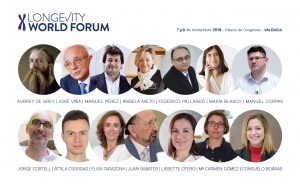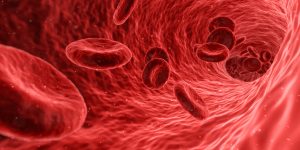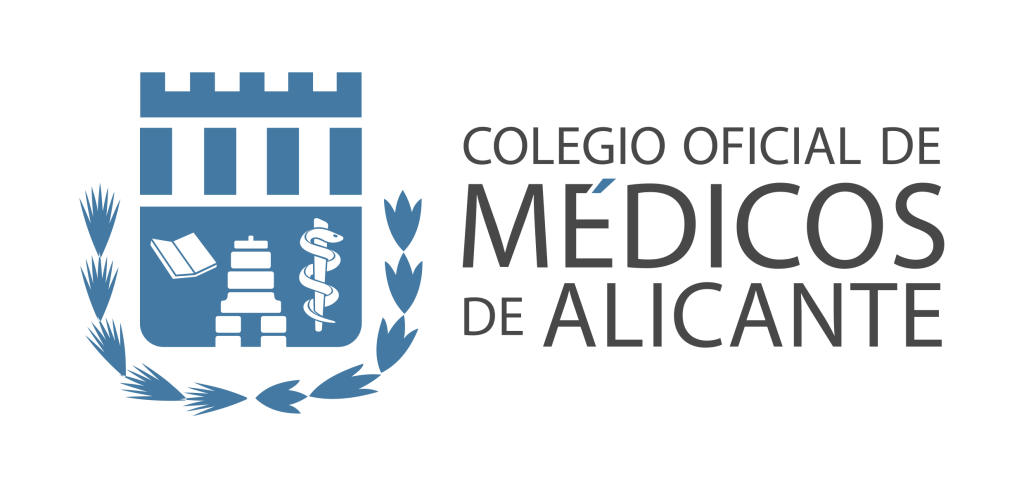Ángel Alberich-Bayarri, director and founder of QUIBIM, will participate for the second year running at the Longevity World Forum. His intervention, which will form part of the session on RDI in longevity, will reveal the applications and possibilities of artificial intelligence in this field.
What new lines of work are you currently developing in Quibim?
We are currently developing Artificial Intelligence (AI) algorithms for application in different clinical scenarios more closely related with the study of disease and also in the field of prevention and health preservation. In the more clinical scope, we are continuing to evolve our image analysis platform with the launch of a new version next December. This incorporates a detector of pathologies in chest X-rays based on artificial intelligence and an integrated application for the diagnosis and characterisation of prostate cancer, which will be the first artificial intelligence tool in the world focused on this disease. In the field of health, quality of life and longevity, we are working very intensively on characterising the state of health of organs and tissues. We are able to calculate the health of an organ and to know its real “age” based on all the parameters that we measure. We can discover the real age of a person’s brain or the state of health of their liver, bones, cartilage and muscles, among others. This enables us to provide an overall indicator of an individual’s health based on the condition of their organs.
What do the advances in medical imaging and biomarkers mean for the end patients?
The main advantage provided by the analysis of medical images based on computational models (mathematical models) such as Artificial Intelligence is better knowledge of the pathology, beyond what can be seen by the human eye of the radiologist. The patient has interacted very little with the radiologist and has hardly any knowledge of the preparation details of the radiology report. QUIBIM makes this process more objective and transparent, providing objective reports, in addition to that of the radiologist, more similar to the reports provided for a blood test: What is my value and what is the normal range? Am I inside or outside the range? We can provide this type of information for many organs and tissues: What is the volume of grey matter in my brain? Is it normal? Does my liver have fat deposits? What is the condition of the cartilage in my joints? Is it sufficiently hydrated?
In your opinion, what has been the principal milestone in your sector during the last year?
The main milestone has been the change in the type of client, reflected by the maturity of the market: from the stage where the commercial adoption of artificial intelligence algorithms for medical imaging was focused on visionary clinics adept in technology, that saw AI as a way to stand out from the competition, to a second, more mature stage in which the main criterion for purchase is the search for value, which is followed by the vast majority of clients: How can this new technology improve my work?
What new advances for health will artificial intelligence bring in the near future?
One of the forthcoming advances for health provided by the processing of medical images using artificial intelligence will be provided by what is known as radiomics, since this will make it possible to improve the precision of diagnosis, the evaluation of prognosis and the prediction of therapeutic response. Thanks to the immense quantity of data currently generated by the use of AI, radiomics will enable us to perform populational studies to monitor the evolution of a disease over time and to discover new imaging biomarkers related to the clinical goals such as survival and response to a treatment, among others. Radiomics, based on a multivariate analysis of large quantities of imaging biomarkers extracted from the processing of radiological images (CT, MR, PET), enables us to find the relationship between the image parameters and the diagnosis, prognosis or therapeutic efficiency.
Why have you decided to participate at the Longevity World Forum again and what is the main idea that you would like to transmit this time?
QUIBIM is seriously committed to aligning its future with the creation of digital twins of the human body for every one of us, fed with information on the state of health of our organs obtained from medical images. We think that imaging is the key to this health of the future, focused on prevention and regular monitoring of how we are on the inside. From a perspective more closely related to social commitment, Valencia is a land of companies that have been models of success in the health sphere. Having the Longevity World Forum in the city is a great milestone involving a huge effort by the organisers and we want to be part of it.





